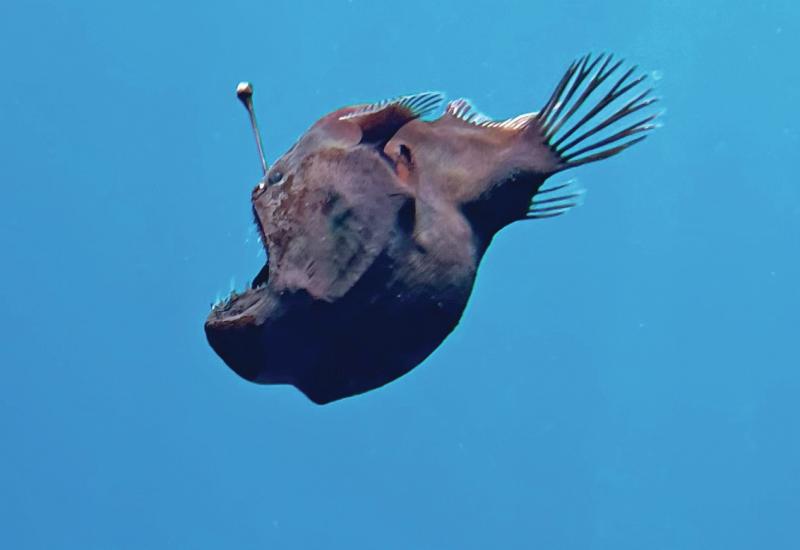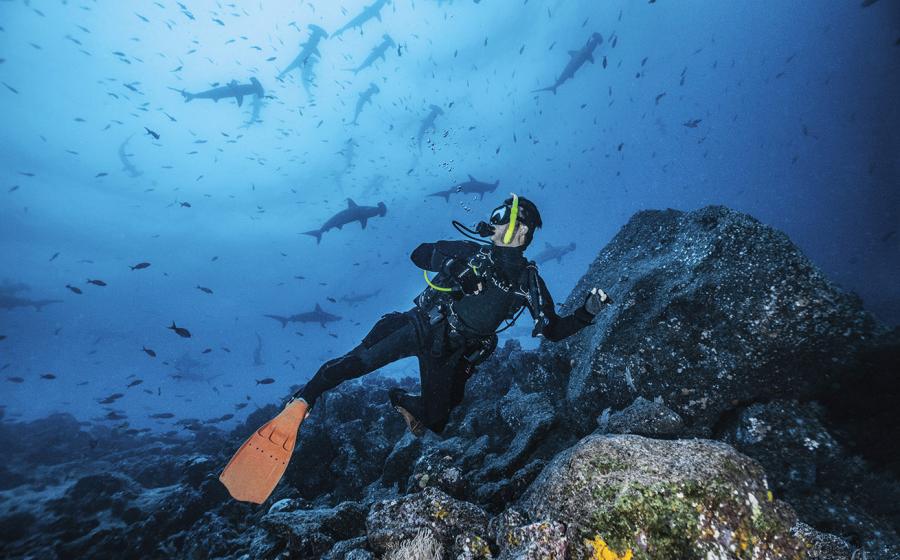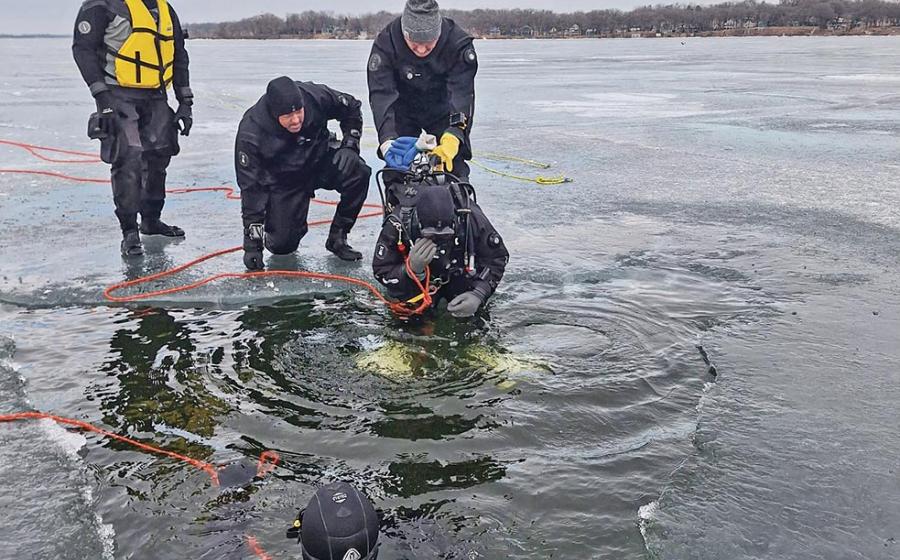Blasting Damages Parts of Indonesia's Komodo National Park

Komodo National Park
Gerardo B. Arriaga
There seems little doubt that blast fishermen working illegally in Komodo National Park in the spring did serious damage to some beloved dive sites, including Tatawa Besar. The disheartening news was picked up worldwide, appearing in newspapers from The Jakarta Post to The Washington Post. But dive operators working in the region say the areas of damage are limited, and the important thing to focus on is helping locals understand why it’s in their interest to adhere to marine-protected-area regulations.
“The best support will be to keep a focus on Komodo and keep visitors coming,” Arenui, the Boutique Liveaboard posted on its Facebook page in the wake of the news, “so that local groups see how popular dive tourism is, and how important it is to local economies. A loss of tourism will only make matters worse for all concerned, and make it harder to increase marine-rule enforcement.”
“Supporting tourism is the best way to give locals an alternative income so they don’t resort to illegal fishing,” explains Arenui marketing manager Laura Goddard.
In reality, Komodo is an enormous area — the park covers more than 1,000 square miles — so the same factor that makes enforcement of marine regulation so difficult also ensures there are untold numbers of pristine dive sites for visitors to choose from, hopefully for generations to come.

Gerardo B. Arriaga
There seems little doubt that blast fishermen working illegally in Komodo National Park in the spring did serious damage to some beloved dive sites, including Tatawa Besar. The disheartening news was picked up worldwide, appearing in newspapers from The Jakarta Post to The Washington Post. But dive operators working in the region say the areas of damage are limited, and the important thing to focus on is helping locals understand why it’s in their interest to adhere to marine-protected-area regulations.
“The best support will be to keep a focus on Komodo and keep visitors coming,” Arenui, the Boutique Liveaboard posted on its Facebook page in the wake of the news, “so that local groups see how popular dive tourism is, and how important it is to local economies. A loss of tourism will only make matters worse for all concerned, and make it harder to increase marine-rule enforcement.”
“Supporting tourism is the best way to give locals an alternative income so they don’t resort to illegal fishing,” explains Arenui marketing manager Laura Goddard.
In reality, Komodo is an enormous area — the park covers more than 1,000 square miles — so the same factor that makes enforcement of marine regulation so difficult also ensures there are untold numbers of pristine dive sites for visitors to choose from, hopefully for generations to come.










